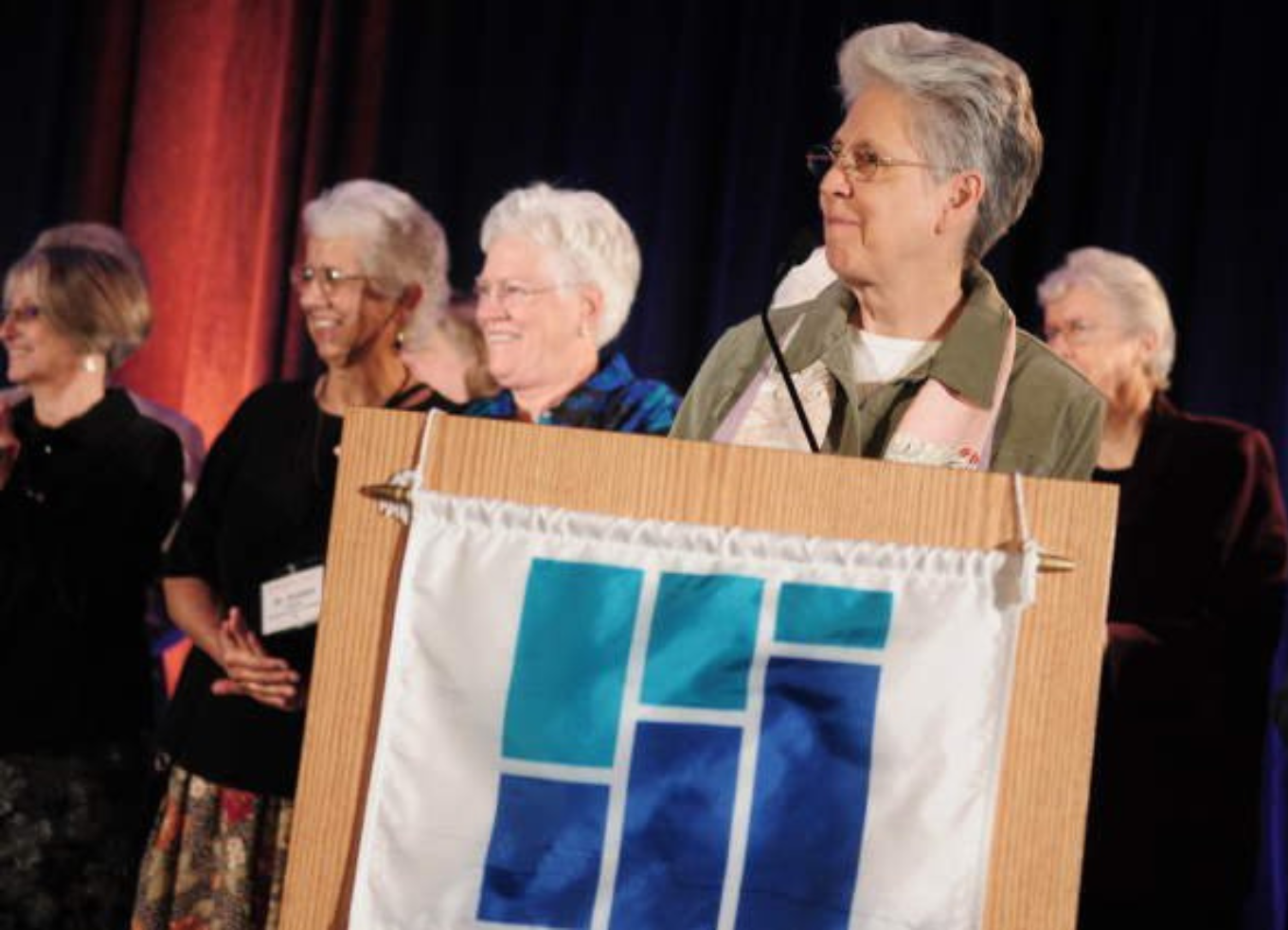
The Women Investors Who Helped Launch the CDFI Movement
OFN celebrates the CDFI industry’s earliest financial backers during Women’s History Month
The following is excerpted from OFN’s free CDFI 101 toolkit
Since the 1970s, Women Religious have been investing directly in the communities and causes that are most important to them. One of the earliest examples is Sister Corinne Florek and the Adrian Dominican Sisters, based in Adrian, Michigan, who made deposits in Chicago’s former ShoreBank – considered by many to be the first CDFI – in 1977 and then pooled their retirement savings to create a Community Investment Fund in 1978. Since the inception of their loan fund, the Adrian Dominican Sisters have made over 500 loans totaling over $37 million.
As investors, the Women Religious expected strong social impact – and to get their money back. Clifford Rosenthal’s book about the origins of the CDFI movement, “Democratizing Finance,” includes a description from Juliana Eades, the founding executive director of New Hampshire Community Loan Fund, on how the CDFI’s loan transaction with the Sisters of Mercy took place:
“The Sister hands me a check… she looks me square in the eye, and says ‘You’d better do something good with it. And you’d better pay it back.’”

The Women Religious entrusted their retirement savings to early CDFIs, which was a strong indicator of not only their belief and trust in the work of CDFIs, but also their commitment to aligning their investments with their values. In return, CDFI leaders took the responsibility of protecting the nuns’ investments seriously, understanding how important it was to return capital to the Women Religious so that they could continue supporting their retired Sisters.
The motivation to return capital to investors like the Women Religious helped embed a culture of accountability and fiduciary responsibility within CDFIs.
The Women Religious and other faith-based investors helped launch CDFIs as well. One example is the Sisters of Mercy, which in addition to investing in a number of early CDFIs, also helped start and staff them. In 1981, the Sisters of Mercy in Omaha, Nebraska, provided seed capital for Mercy Housing, Inc. (which evolved into Mercy Community Capital) to provide opportunities for residents to stabilize their lives and achieve their dreams.
In New York, Sister Pat Wolf led the effort to launch the Leviticus 25:23 Alternative Fund in 1983 with the support of New York-based religious congregations that were part of the Tri-State Coalition for Responsible Investment.
Another example is the Christian Brothers Investment Services (CBIS), which created Partners for the Common Good (PCG) in Washington, D.C., in 1989 as a collaborative vehicle for religious institutions to help the poor and empower the marginalized. An Adrian Dominican Sister, Carol Oston helped PCG attract investments from nearly 100 religious institutions.
Interested in More CDFI History?

- Watch Sister Corinne Florek’s Ned Gramlich Lifetime Achievement Award for Responsible Finance speech from the 2010 OFN Conference.
- Download OFN’s free CDFI 101 toolkit. The toolkit includes an overview of the industry’s history, as well as a CDFI 101 guide, impact infographic, reading list, YouTube playlist, and more!
Stay Connected with OFN
Subscribe to receive regular updates from OFN straight to your inbox.
Follow OFN on social media.